The Delay
(La Demora)
Rodrigo Plá / France, Mexico, Uruguay / 2012 / 84 min
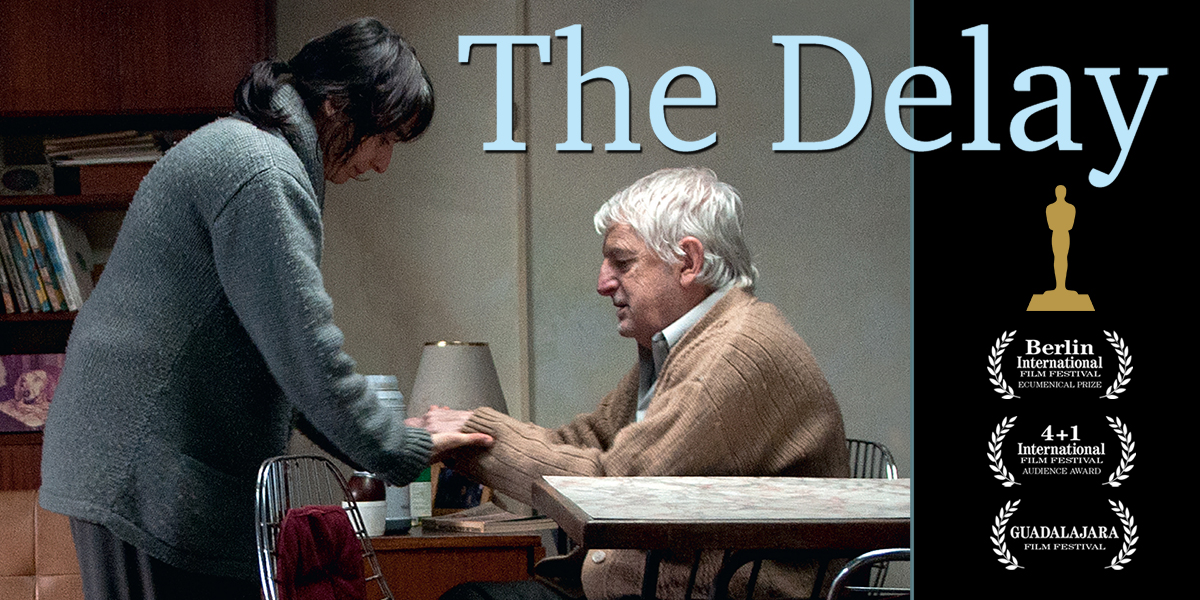
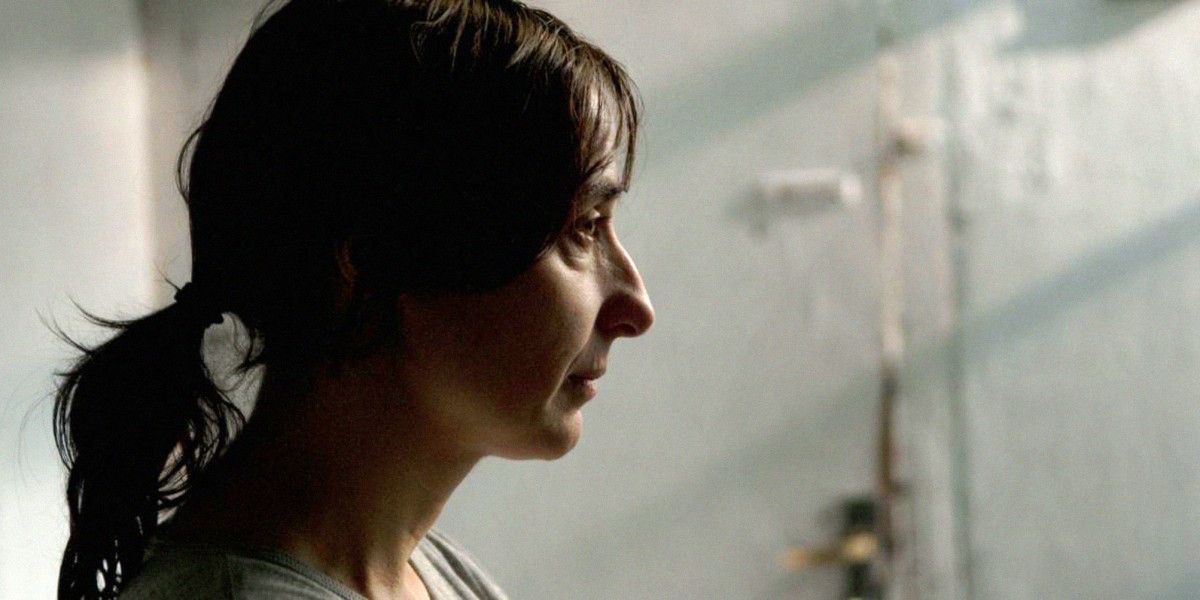
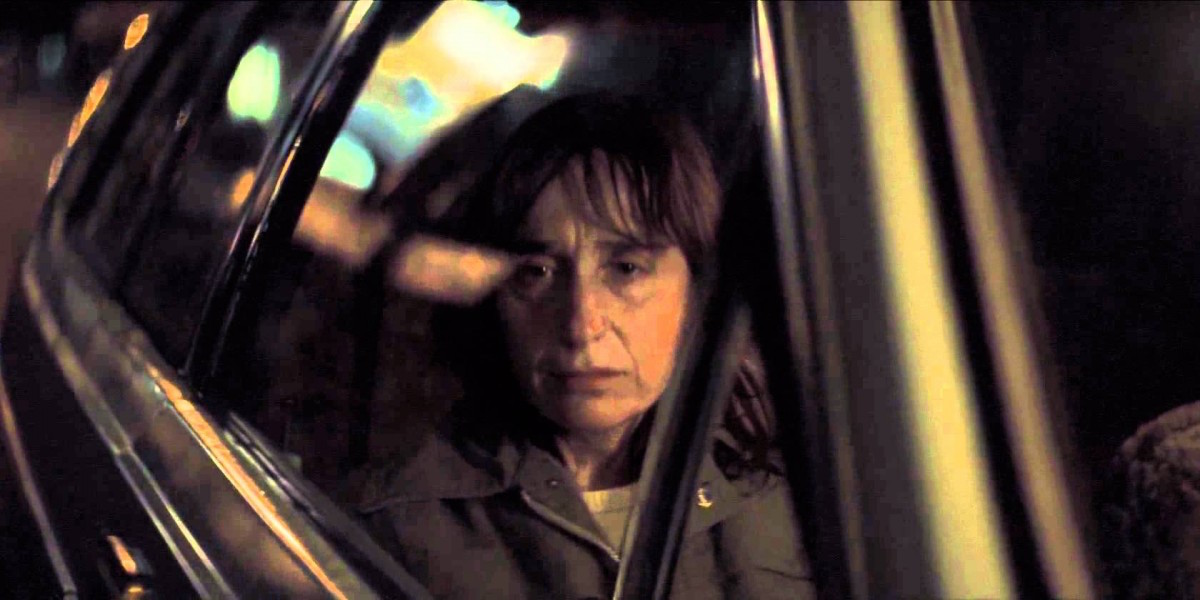
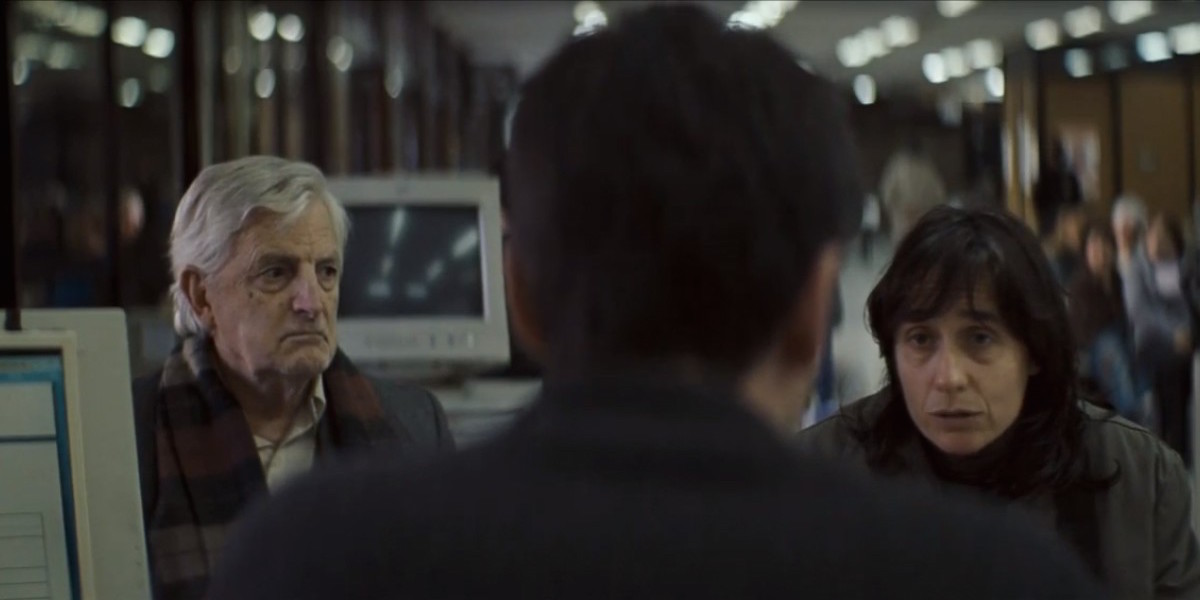
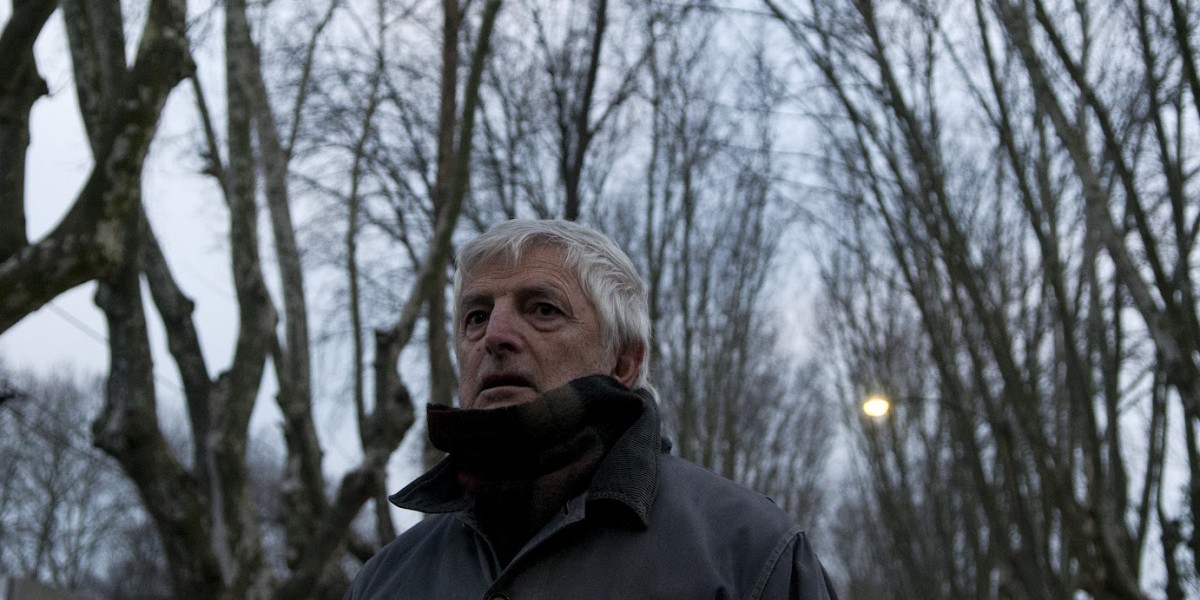
Academy Awards®
Uruguay’s selection for Best Foreign Language FilmBerlin International Film Festival
Ecumenical PrizeBiarritz International Film Festival of Latin American Cinema
Best ActressLima Latin American Film Festival
Best ScreenplayMotovun Film Festival
Propeller of Motovun to Best Film4+1 International Film Festival
Audience AwardPune International Film Festival
Best DirectorMontreal Festival of New Cinema
Guadalajara Film Festival
Related Films
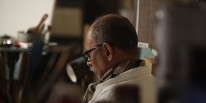 Cows Wearing Glasses(Las Vacas Con Gafas)Alex Santiago PérezDirected by one of the most talented emerging filmmakers coming out of the new wave of Puerto Rican cinema, Cows Wearing Glasses uses a subtle sense of ...
Cows Wearing Glasses(Las Vacas Con Gafas)Alex Santiago PérezDirected by one of the most talented emerging filmmakers coming out of the new wave of Puerto Rican cinema, Cows Wearing Glasses uses a subtle sense of ... My Grandmother’s House(La Casa de mi Abuela)Adan AliagaHow does a pop duet work out for impulsive and irreverent six-year-old Marina and 75-year-old Marita? Cheeky Marina plays to the camera, ignoring the ...
My Grandmother’s House(La Casa de mi Abuela)Adan AliagaHow does a pop duet work out for impulsive and irreverent six-year-old Marina and 75-year-old Marita? Cheeky Marina plays to the camera, ignoring the ... Open Cage(Los Bañistas)Max ZuninoOpen Cage takes a subtle and ultimately hopeful look into one of society’s mayor issues: the abandonment to its youth and senior populations. Among ...
Open Cage(Los Bañistas)Max ZuninoOpen Cage takes a subtle and ultimately hopeful look into one of society’s mayor issues: the abandonment to its youth and senior populations. Among ... The Crow’s Nest(Malacrianza)Arturo MenéndezThe first fiction film from El Salvador to be produced since 1969 and the first ever to see a worldwide release, The Crow’s Nest follows Don Cleo, a ...
The Crow’s Nest(Malacrianza)Arturo MenéndezThe first fiction film from El Salvador to be produced since 1969 and the first ever to see a worldwide release, The Crow’s Nest follows Don Cleo, a ... The Return(El Regreso)Hernán JiménezThe Return is the story of a delightful and life-changing journey back to Costa Rica. After living 10 years in New York, 30 year-old Antonio returns to ...
The Return(El Regreso)Hernán JiménezThe Return is the story of a delightful and life-changing journey back to Costa Rica. After living 10 years in New York, 30 year-old Antonio returns to ...Pricing
Related Subjects
Download
Spanish with English subtitles
With Roxana Blanco, Carlos Vallarino
María lives with her three school-age children and 80-year-old father, Agustín. It’s clearly a struggle for her to make ends meet and to juggle all of her commitments. Agustín has periods of lucidity, but his mental deterioration is such that Maria explores the possibility of his either living with another relative or moving into some kind of care facility. When both of these options seem imposible, María makes a drastic decision.
Selected as Uruguay’s entry for the 2013 Academy Awards, Rodrigo Plá’s narrative accuracy gets audiences involved in this simple story with no false notes. Far from the notion of dysfunctional family American cinema has transformed into a tight system of clichés, The Delay moves far beyond the realm of black and white, employing a subtle variation of grays, underlining what becomes the film’s central theme: the intense, painful ambivalence of family responsibility.
THE DELAY IS ONE OF THE MANY FILMS INCLUDED IN THE CATALOGUE OF SPANISH FILM CLUB. SFC AFFILIATED UNIVERSITIES CAN TAKE ADVANTAGE OF A SPECIAL PRICE OF $99 IF THE TITLE HAS BEEN INCLUDED IN THEIR SFC FESTIVAL. PLEASE CONTACT SFC STAFF AT FILMCLUB@PRAGDA.COM FOR MORE DETAILS.
WHAT SFC AFFILIATED UNIVERSITIES ARE SAYING
“The audience really liked this movie about the problems facing different generations living in the same household, and how their relationship mirrors the same problems the society in general is facing. ” – Luis Flores-Portero, Lecturer, Monmouth University
“Members of the audience were touched by the hard choices an urban society faces when obtaining long-term care for their elderly. ” – Alexandra Garcia, The University of Texas at El Paso
Press
“A powerful, realistic drama about an impaired old man and the daughter who cares for him, this is not only a closely observed psychological portrait of the relations between them but more than that, a moving social study of penury at work destroying the fabric of a family.” – Dan Fainar, SCREEN DAILY
“Indeed, while the Montevideo we see in The Delay is a grubby, dilapidated city, painted in unhealthy, mildew shades of gray and blue, community spirit is alive and well here, with people looking out for each other in what’s clearly a cold climate both economically and heat-wise (and where humor of any kind is decidedly thin on the ground).” – Neil Young, THE HOLLYWOOD REPORTER
“Carlos Vallarino and Roxana Blanco offer up moving yet underplayed perfs as a father and daughter who find themselves in a desperate situation wrought with finely nuanced emotional brushstrokes.” – VARIETY
“A wonderful lesson in humanity that leaves you shaken.” – LE MONDE
“A beautiful film of distress and love, played with great accuracy.” – LE FIGARO
“Sober and modest,
“A beautiful film about family and intergenerational relations.” – PELERIN
“A powerful film and sensitive story beautifully interpreted and very cleverly done.” – LES FICHES DU CINEMA
“A delicate film of a beautiful simplicity yet expressive.” – LA CROIX
“The careworn, drawn face of Maria, a single mother raising three school-age children in a cramped, dingy apartment with her increasingly confused elderly father, communicates every element of this small but elegant film...Set in Montevideo, this unsparing look at the modern realities of getting old in a world without a social safety net has global application.” – Sandra Collins, Byzantine Catholic Seminary Library, Pittsburgh, PA, EMRO
About the Director
Notes on Film
We sought to build the story with small gestures, focused on the relationship between the two main characters and the way each of them experiences their circumstances. The daughter is a person overwhelmed by her single-mother situation while the father is a man confused and dwarfed by the limitations of old age. The interaction between these two crisis-ridden realities will gradually wear down their relationship, like the gear wheel in a machine that loses parts and starts to malfunction until it eventually breaks down. The plot revolves around the fault, around the emotional dysfunction and its burst. We were especially interested in exploring in depth that unexpected burst in the life of an ordinary character, wondering how that cruel reality arises, almost foreign to the character’s mind, and bypasses his sanity. We felt that to tell such story we needed a narrative different from the one we had used before. The result is the tale of an accident of sorts, but one that takes place in the field of emotions. Naturally, as this “emotional accident” is an internal event of the character, there are previous signals that can be traced once the crisis has occurred, but we tried not to emphasize the factors that trigger the explosion. We tried to devise the plot not by analyzing events that have already taken place but instead by covering the process as it unfolds, without giving away information in advance. We attempted to build a story without overloading it with emotions, but not abandoning the intention of making La Demora a moving film and to present a personal gaze about the arrival of old age.
Laura Santullo & Rodrigo Plá